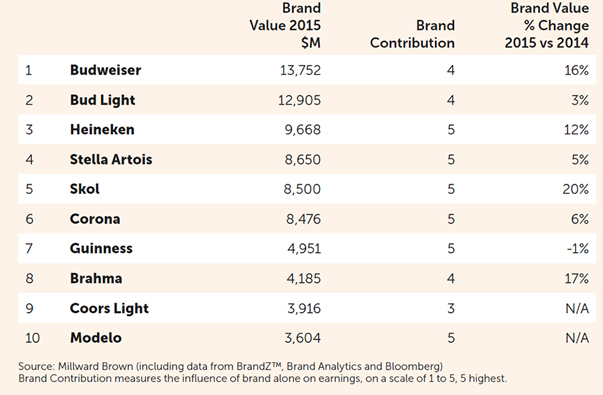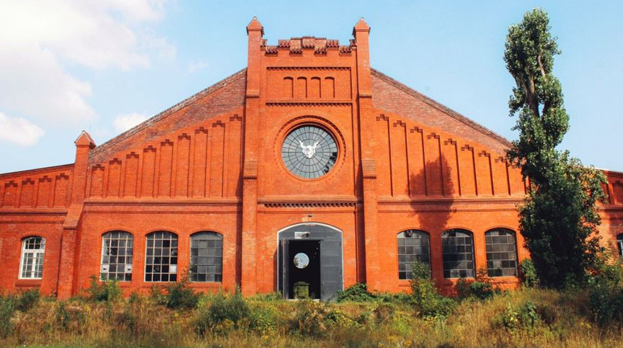It will be interesting to see how much Peroni and Grolsch will fetch when offers for the two businesses are tabled this month. Indicative offers are due in mid-January, with a tight schedule for due diligence in order to clinch a deal by early March, media say.
British media called upon their readers to spare a thought for the folks at Meantime Brewery, about to be offloaded by AB-InBev just seven months after being bought by SABMiller.
We really had NO IDEA! Bitter Tears, a cocktail made from real human tears, is just the latest recipe to be created from human excretions. The trend is called “body food” and it seems to be on an unpalatable rise, The Guardian (UK) newspaper reported on 8 December 2015.
That’s a good one. AB-InBev said on 3 December 2015 that they are exploring the sale of a number of SABMiller’s European premium brands to address “regulatory concerns” ahead of their planned merger.
The wait is over. On 7 December 2015 California’s Stone brewery served up the first rounds from the inaugural batch of beer brewed at its Berlin brewhouse, “the first independently built, owned, and operated American craft brewery in Europe”, as was pointed out.
Are Greek bureaucrats sitting on their hands? Two years ago, the Competition Commission concluded its investigation into anti-competitive practices in the country’s beer market, yet failed to publish it, critics say. Probably after some prodding, on 2 December 2015 the watchdog eventually imposed a EUR 31.5 million (USD 33.5 million) fine on the country’s major beer producer Athenian Brewery, a Heineken subsidiary, for unfair market practices.
The Belgian brewing conference – Chair J. De Clerck was established in 1983 by the universities of Leuven (KU Leuven) and Louvain-la-Neuve (UCL) in memory of Jean De Clerck (1902-1978) and is organized every 2 years. This year’s edition was held from 6 - 8 September 2015 in the historical city of Leuven, hometown of AB InBev and proud owner of the “Oude Markt”, a town square harboring over 40 cafés in a row, often referred to as “the longest bar in the world”. It is undeniably the ideal venue for the ambitious 15th edition of the Belgian Brewing Conference. With 275 participants, this edition was sold out and by far the most well-attended to date. With 31 top-class speakers from the beer world and a plethora of degustation beers, Leuven was even more than usual the “place to beer”!
If you need proof that price promotion is a finite strategy, look no further than to Carlsberg. “Probably the best beer in the world” will need to cut its lager beer production in the UK and axe up to 100 jobs, after the supermarket chain Tesco said last month that it will stop stocking Carlsberg’s beers in all but 200 of its stores.
Just when you think things cannot get any worse, they will. Such is Murphy’s Law and Danish brewer Carlsberg was forced to acknowledge as much when on 11 November 2015 it had to announce that the situation in Russia was bad, that China was beginning to look grim too and the UK remained a headache. Given such a triple whammy, Carlsberg is to launch a global restructuring programme which will lead to the axing of 2,000 white-collar jobs. About 1,300 employees have already been notified, media say.
If you want to burn money quickly just invest in wine. This is the lesson one could draw from Diageo’s on-going attic sale. The world’s number one drinks company said on 5 November 2015 that it has sold its wine interests in Argentina to the country’s largest producer, Grupo Peñaflor. The sale includes the Navarro Correas and San Telmo wine brands along with production sites and vineyards, Diageo said.



